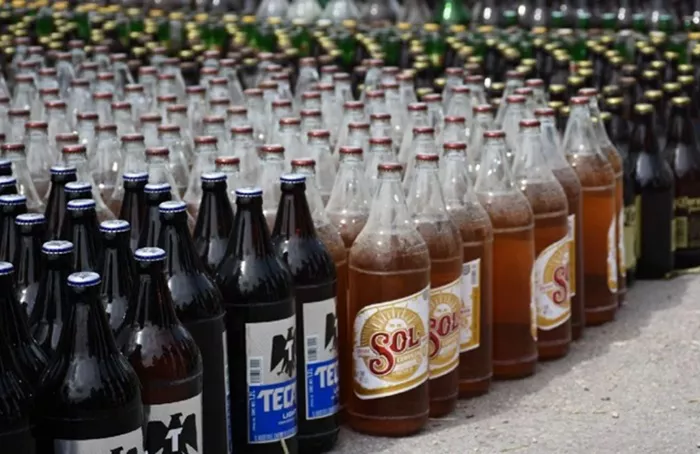The British hop farming industry is facing a perilous future due to the government’s proposed changes to inheritance tax, which industry experts warn could drive local hop production to the brink of collapse.
The British Hop Association (BHA) has raised alarm over the government’s recent decision to limit agricultural property relief, warning that the move could effectively sound the “death knell” for British hop farmers. Under the new tax regime, announced in last month’s Budget, only assets worth up to £1 million will be exempt from a 20% inheritance tax charge starting in April 2026. Anything above this threshold will be subject to the tax, placing a heavy financial burden on family-owned hop farms that are already struggling with rising costs.
Mark Andrews, a representative of the BHA, expressed grave concern, stating that the tax changes would “definitely hurt production” and could lead to the gradual decline of hop farming in the UK. He explained, “A very large tax bill, even if spread over ten years, will make it even harder for farmers to stay afloat. We could see hop production diminish significantly, and British breweries may have to rely more heavily on imported hops.”
Hops, essential for giving beer and ale their characteristic bitterness, have been cultivated in Britain for centuries. However, there are now just 44 hop-growing farms left in the country, a stark reduction from previous decades. The BHA estimates that the acreage under hop cultivation in the UK has shrunk by 40% since 2019, a trend that could accelerate if the new tax rules go into effect.
The British Beer and Pub Association (BBPA), which represents over 90% of the country’s brewers, also raised concerns. A BBPA spokesperson stressed that the nation’s breweries depend heavily on locally sourced hops and grains, which are integral to the brewing process. The spokesperson warned that jeopardizing the domestic hop supply chain could result in a severe impact on breweries already facing significant cost pressures.
“If the hop farming sector is undermined, it will have far-reaching consequences for brewers who rely on British-grown ingredients to produce their beers,” the BBPA representative said. “This could make British-made beer increasingly rare and more expensive, as breweries turn to imported hops.”
The government’s proposed changes to agricultural property relief have faced widespread criticism. Currently, agricultural assets, including farmland and hop farms, can be passed on to heirs without incurring inheritance tax. Under the new rules, however, this exemption will be reduced to just £1 million, with any assets exceeding this amount subject to a 20% inheritance tax on death.
Farmers across the country have protested the changes, with thousands marching on Whitehall in a show of defiance last week. Critics argue that the new tax policy will lead to the dissolution of family farms, many of which have been passed down through generations.
As British hop farmers and brewers brace for the impact of the “tractor tax,” the future of homegrown hops—and the iconic British pint—appears increasingly uncertain.
You Might Be Interested In:


